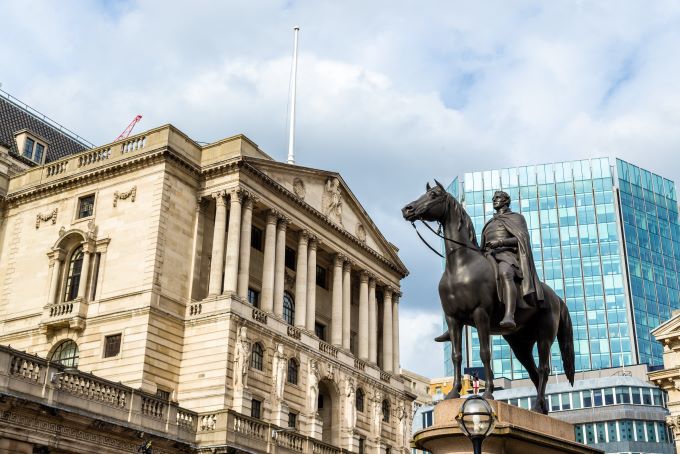 The Pound Sterling edged lower against its main rivals after the release of inflation data for May which showed personal inflation falling to a level not seen since June 2016. The Office of National Statistics reported CPI at 0.5%, largely as expected. Analysts say that the Coronavirus pandemic has significantly impacted global demand which led oil prices to fall. The low inflation rate will provide the Bank of England with some room to increase its stimulus program at Thursday's meeting of policymakers. The BoE is expected to increase its bond-purchasing firepower by at least £100 billion.
The Pound Sterling edged lower against its main rivals after the release of inflation data for May which showed personal inflation falling to a level not seen since June 2016. The Office of National Statistics reported CPI at 0.5%, largely as expected. Analysts say that the Coronavirus pandemic has significantly impacted global demand which led oil prices to fall. The low inflation rate will provide the Bank of England with some room to increase its stimulus program at Thursday's meeting of policymakers. The BoE is expected to increase its bond-purchasing firepower by at least £100 billion.
The GBP/USD was trading lower at $1.2535, a loss of 0.2784% as of 11:05 am in London trade; the pair has ranged from a low of $1.25233 to a high of $1.25891. The EUR/GBP was higher at 0.8961 Pence, up 0.0927% and off the session peak of 0.89907 Pence. Against the Japanese Yen, the Pound was lower; the GBP/JPY pair traded at 134.549 Yen, down 0.2173%.
Brexit Concerns Weigh
The lack of progress at the Brexit negotiations are also weighing on the currency. Analysts say that there is very limited upside for the Pound given the uncertain outlook for the UK economy. The hope is that a trade agreement will be hammered out that will be favorable to both sides, though it appears that there is a general unwillingness to compromise say, analysts. One recent report issued by the German government suggests that a critical phase of the negotiations will begin in September.
